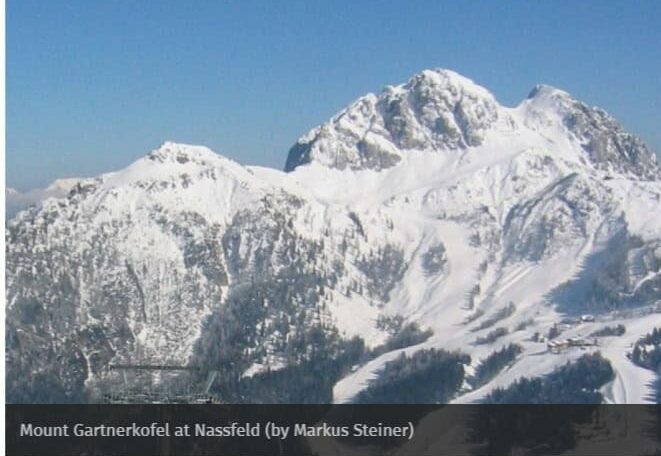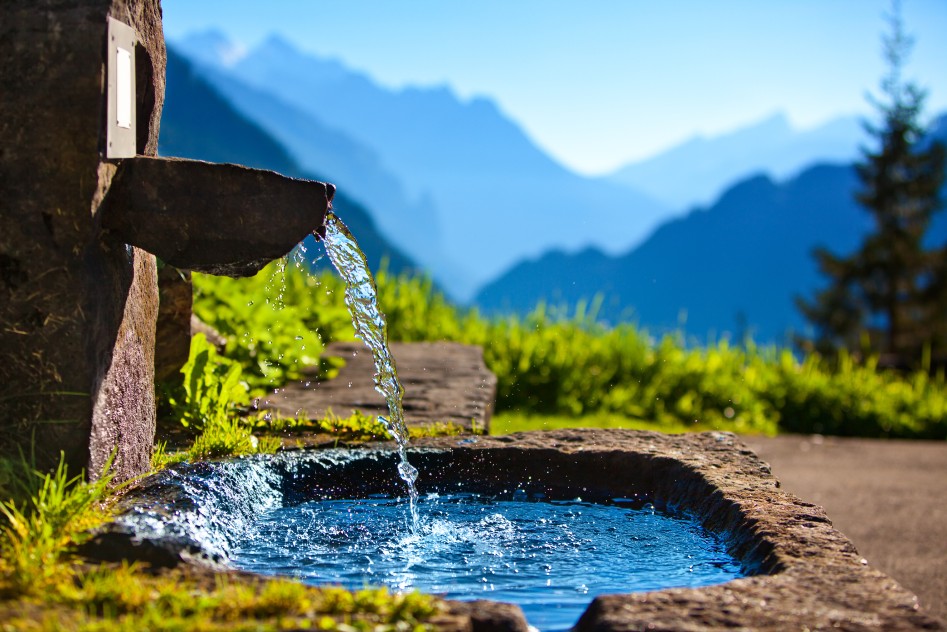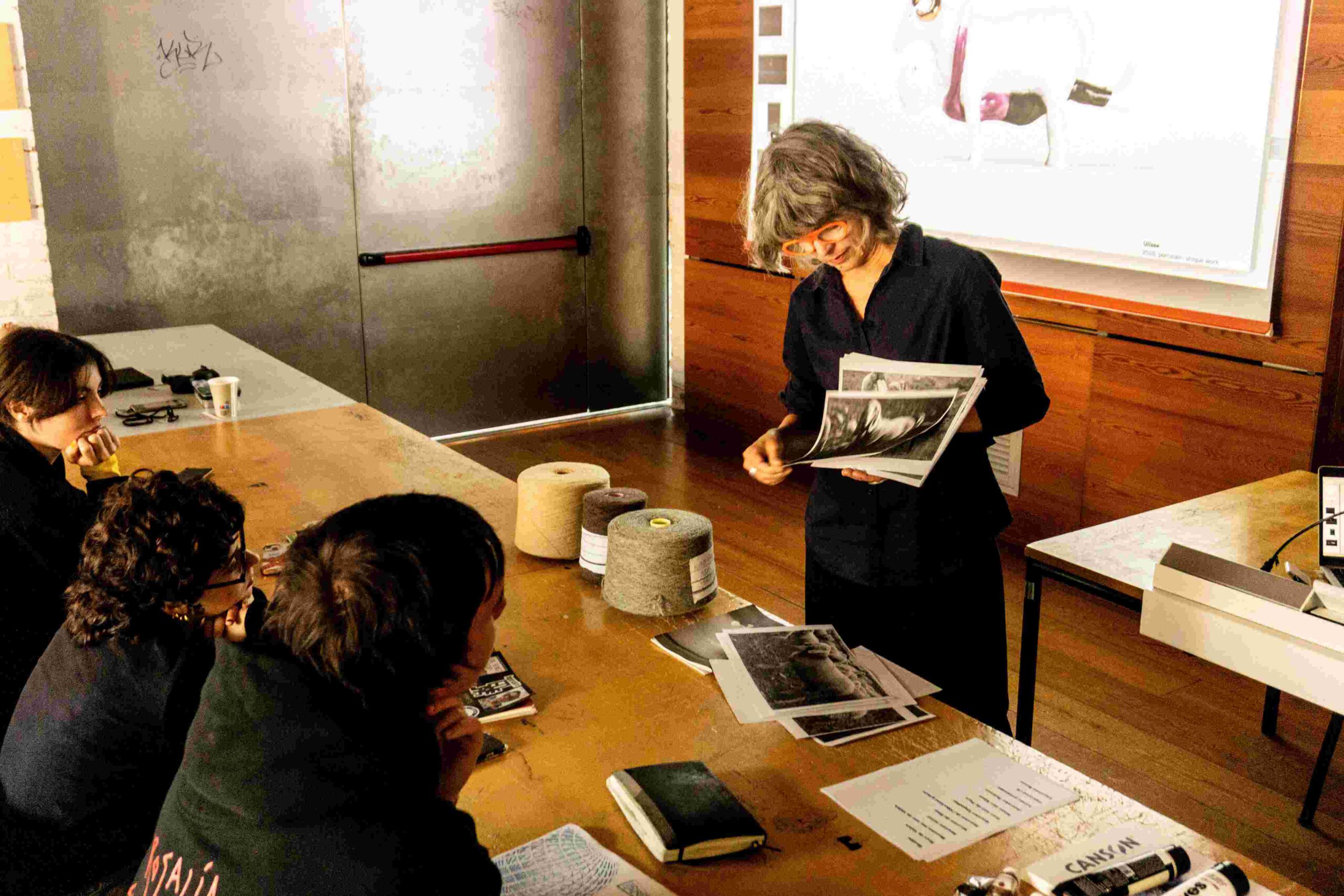The future of tourism in the Alpine-Adriatic region
Date
22 Oct 2024 - 24 Oct 2024
Organiser
Southeast Europe Society and its Klagenfurt branch;
Austrian Geographical Society and its Klagenfurt branch;
University of Klagenfurt, Faculty of Social Sciences, Department of Geography and Regional Research;
University of Zagreb Faculty of Science, Department of Geography;
Croatian Geographical Society
Country
Austria
First image

Description
The 22th of October, the colleague Maruša Goluža from ZRC SAZU presents the talk "Challenges to be addressed for a sustainable transition of mountain ski resorts in the Alps: the case of Kranjska Gora"
ABSTRACT
Climate change presents a considerable threat to the tourism industry, with mountain ski resorts experiencing the most significant impact. In the context of the Interreg Alpine Space TranStat project, participatory methods are being employed to investigate the challenges currently facing Kranjska Gora, with a particular focus on those related to climate change. A total of around twenty key stakeholders, identified through a stakeholder network analysis, participated in a workshop. In collaboration with the aforementioned stakeholders, we identified a number of change factors that have already had and will continue to have a significant impact on the transformation of Kranjska Gora. A PESTLE analysis was conducted during a workshop in order to identify the key challenges within the following five areas: political, economic, social, technological and environmental. Despite significant challenges caused by climate change, other drivers of change were found to be equally important, including overtourism, the local economy, environmental problems and demographic change, among others. These factors affect the real estate market, alter the local economy, cause environmental problems, erode the local identity and influence demographic change. For Kranjska Gora, demographic change is arguably one of the most significant, as the local population, and particularly the younger generation, is essential for the sustainable transition of the Kranjska Gora. With ageing of population and a corresponding decline in the number of young people, the future of tourist centre is at risk. The project will further investigate potential avenues for the sustainable transition of mountain resorts and provide recommendations for policy makers to support them in planning a sustainable transition.
ABSTRACT
Climate change presents a considerable threat to the tourism industry, with mountain ski resorts experiencing the most significant impact. In the context of the Interreg Alpine Space TranStat project, participatory methods are being employed to investigate the challenges currently facing Kranjska Gora, with a particular focus on those related to climate change. A total of around twenty key stakeholders, identified through a stakeholder network analysis, participated in a workshop. In collaboration with the aforementioned stakeholders, we identified a number of change factors that have already had and will continue to have a significant impact on the transformation of Kranjska Gora. A PESTLE analysis was conducted during a workshop in order to identify the key challenges within the following five areas: political, economic, social, technological and environmental. Despite significant challenges caused by climate change, other drivers of change were found to be equally important, including overtourism, the local economy, environmental problems and demographic change, among others. These factors affect the real estate market, alter the local economy, cause environmental problems, erode the local identity and influence demographic change. For Kranjska Gora, demographic change is arguably one of the most significant, as the local population, and particularly the younger generation, is essential for the sustainable transition of the Kranjska Gora. With ageing of population and a corresponding decline in the number of young people, the future of tourist centre is at risk. The project will further investigate potential avenues for the sustainable transition of mountain resorts and provide recommendations for policy makers to support them in planning a sustainable transition.
Contact
Programme events
Project events
27 Jan 2026
EWA/MARGIN Webinar: Groundwater Challenges in Urban Areas
Project: MARGINhttps://www.ewa-online.eu/event-detail/ewa-margin-webinar-groundwater-challenges-in-urban-areas.html
102764
0
2026-01-27
2026-01-27
11:00:00
12:15:59
||
|project|
53.346881
-6.25886

27 Jan 2026
WOOLSHED: Towards the Design Marathons
Project: WoolshedOnline event launching the Design Marathons, bringing together ideas, experts and opportunities.
105190
0
2026-01-27
2026-01-27
10:00:00
12:30:59
||
|project|

28 Jan 2026
ASTER - Dive into the Digital Product Passport for Outdoor Textiles
Project: ASTER
102768
0
2026-01-28
2026-01-28
09:00:00
12:00:59
||
|project|
